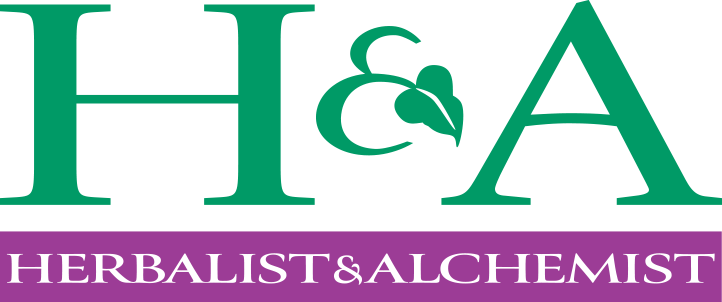How do you use your herbal training in your work?
I work one-on-one with clients to create a
customized wellness plan. The consultation involves
determining health goals, reviewing health history, and
discussing overall wellness, diet, and lifestyle. I find
that for many people this is their first opportunity to talk
about health in such depth. It is powerful to take this time
and a lot of healing seems to come from just the
consultation itself. It is exciting to see the shift happen
as people start to notice their own patterns. Listening as
they reflect about their experience is an important part of
my work. Based on the consultation, I create a wellness plan
with guidance on dietary and lifestyle changes, information
on supplements, and suggestions for personalized herbal formulas.
Recently I was invited to collaborate with a
theater group for a spring 2016 adaptation of Beowulf. The
performance will be in the beautiful Mt. Moriah cemetery in
West Philadelphia. My role will be as their “Sensory
Designer” with the intention of bringing herbal elements to
this production.
I’m also a plant medicine crafter. As soon as
I started to learn herbal medicine I began making herbal
items for my family, friends, and community. I handcraft
medicinal teas, tinctures, salves, and vinegars and sell at
a local event Go West Craft Fest three times a year.
Talk a little about your herbal philosophy.
My philosophy begins with tuning in. We spend
most of our time disconnected from our bodies and sometimes
it takes an illness for us to pay attention. When a person
gets to this place of imbalance herbs can be a helpful tool
and in some cases enough of a catalyst to shift the body
back to balance. But many times someone gets to this point
because of a multitude of factors: their diet is unhealthy,
they are not getting adequate sleep, and they lack stress
management tools. Their pain or digestive issues may be what
brought them to an herbalist but they hadn't noticed the
other parts of their lives where things were also out of
balance. I find it is absolutely necessary for people to pay
attention to all of the information available to reestablish
a connection to their whole self and begin the healing
process. I ask my clients to do a lot of tracking and
observation. It's definitely a commitment and often not a
fast process. Ultimately, I hope to empower people to listen
to their own wisdom and use this knowledge to practice self
care and preventative medicine.
Combining herbal medicine with lifestyle and
dietary changes has the potential to create radical and
sustaining transformation on many levels. I want to serve as
a resource, a guide, and a bridge between plants and
people.
